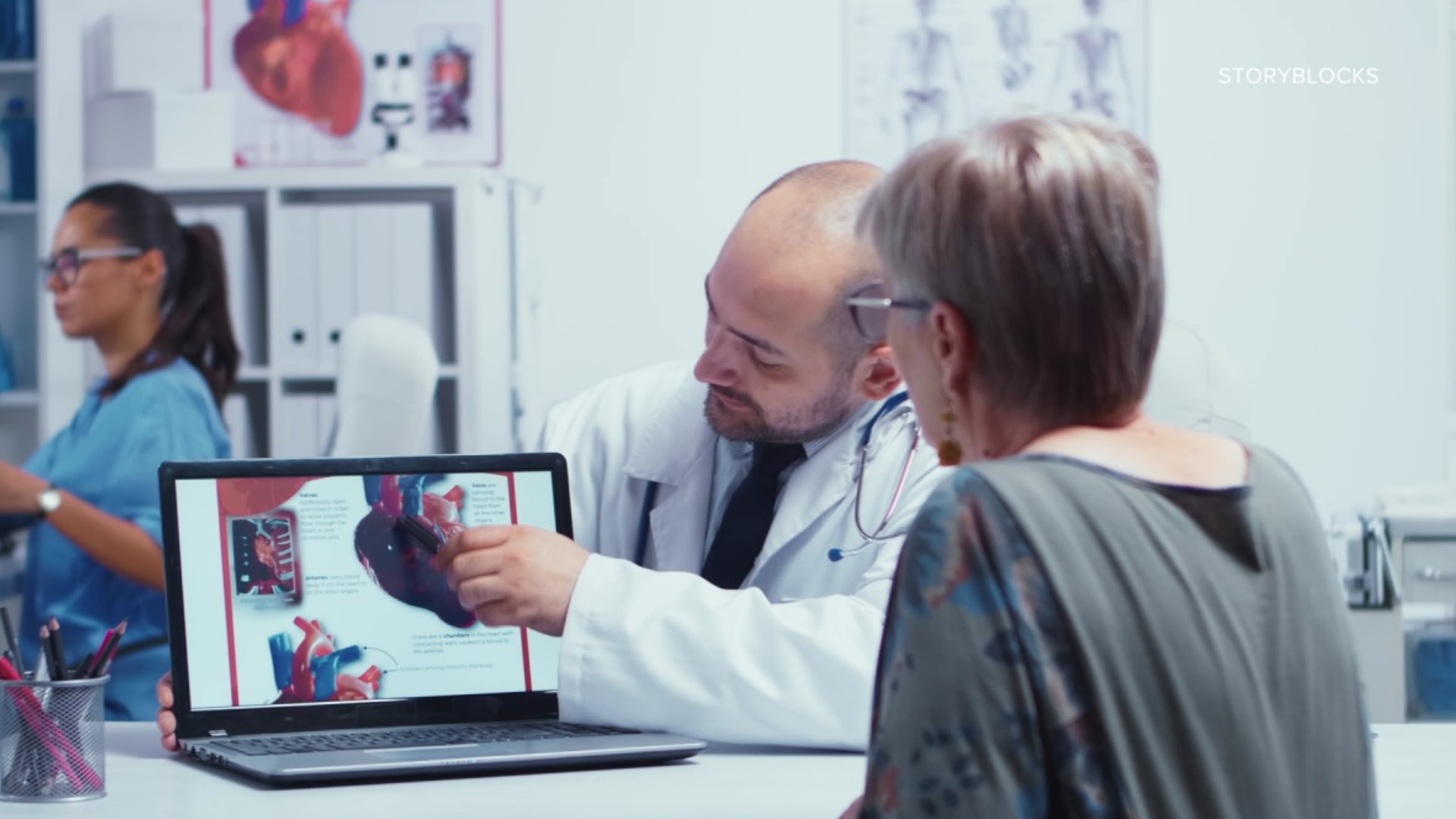SCRANTON, Pa. — It was concerning trend doctors noticed during the pandemic: a rise in heart attacks, especially among young people. It's a sharp reversal from the years of decline.
New data from the Smidt Heart Institute found the most significant increase was among people ages 25 to 44.
"We lost decades of progress over the course of just a few years," said Dr. Stephen Voyce, a cardiologist at Geisinger.
We asked Dr. Voyce what pandemic-related factors may have played a role.
"One - access to care was limited. Patients were probably not seeking care for preventative things - controlling their high-blood pressure, cholesterol, diabetes. And if they had symptoms, they delayed their care as well. Things like emotional stress and so on may have been playing a role. It's a little bit harder to prove."
The future generation of doctors is already learning ways for the country to change course when it comes to heart disease.
Tae Lee and Josh Mills are students at Geisinger Commonwealth School of Medicine.
"We like to keep ourselves updated with the current trends. So in the population health class, we talk about the COVID and how it affects our population, especially the heart and also the emotional stress," Lee said.
"We've had the opportunity to do research with people like Dr. Voyce, to look at heart attack risk, and things that we can do in the future to help decrease that," Mills said.
We also wanted to hear what questions you had for Dr. Voyce, so we asked you to submit some on social media.
For example, one viewer asked, "How did how did the vaccine affect our hearts? Many have said the vaccines have caused conditions like a-fib."
Dr. Voyce responded, "A-fib is probably the most common abnormal heart rhythm that we treat. The incidence in the general population is anywhere from 1-2 percent. So it's very hard to tease out whether the vaccine was a causal factor in those patients that developed a-fib with a vaccine. The numbers are very, very small. So there may be a slight association, but it's hard to prove cause and effect."
You can find more of the questions and answers here.
See more health-related stories on WNEP's Youtube page.

